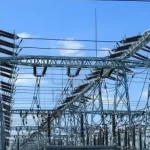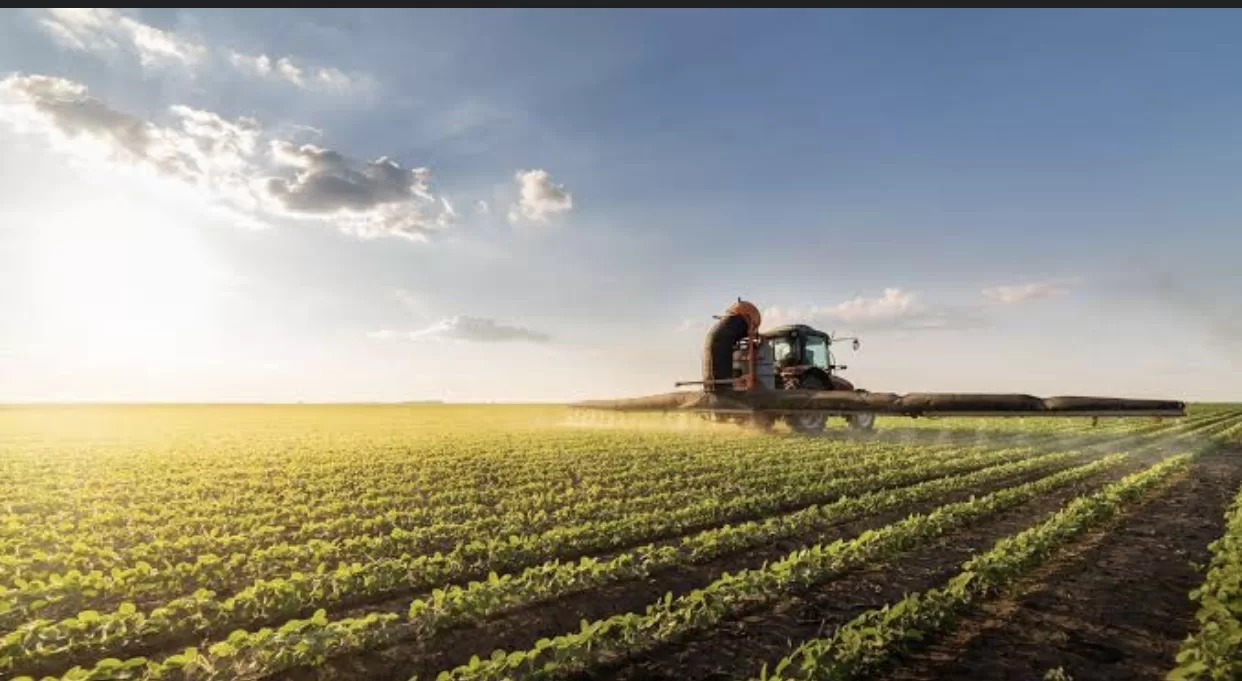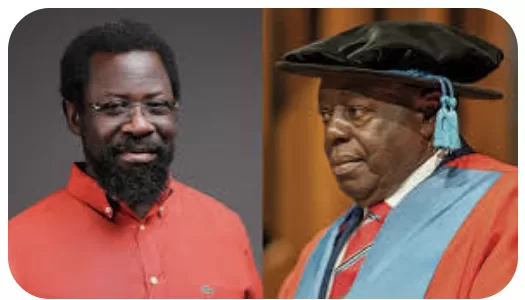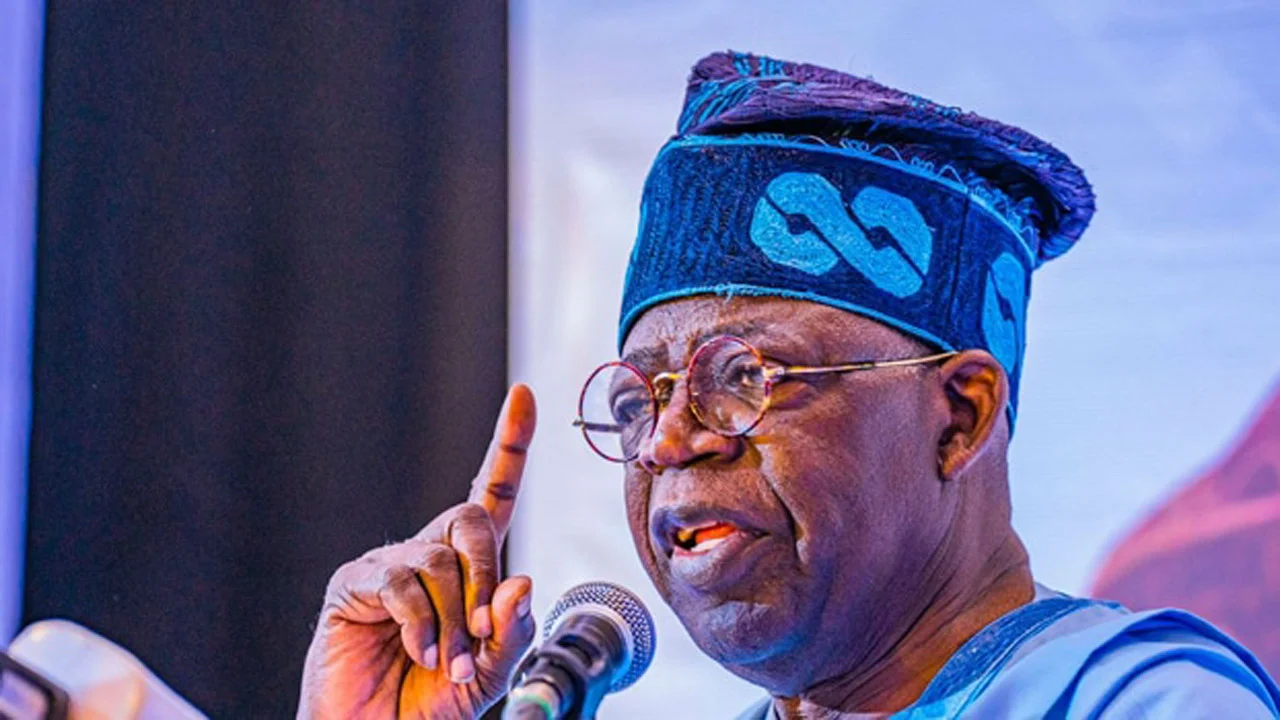The National Agricultural Land Development Authority and the National Commission for Refugees, Migrants, and Internally Displaced Persons have signed a Memorandum of Understanding to establish farming clusters aimed at improving the livelihoods of Internally Displaced Persons and migrants across Nigeria.
The agreement, signed on Wednesday in Abuja, is part of the Renewed Hope Restoration Project, which seeks to provide sustainable settlements for displaced communities while promoting food security and economic independence.
The initiative will span several states, including Oyo, Katsina, Taraba, Benue, Nasarawa, Abia, and Cross River, with land allocations ranging from 1,000 to 2,000 hectares.
Speaking at the ceremony, NALDA Executive Secretary, Cornelius Adebayo, described the partnership as a significant step under President Bola Tinubu’s administration to tackle challenges faced by refugees and IDPs.
“Our mission has always been to empower people through agriculture. Today, we are extending that mission to those displaced by conflict and disaster,” Adebayo said.
“This project will integrate refugees, migrants, and IDPs into the agricultural value chain, providing them with tools, resources, and training for self-reliance.”
Adebayo emphasized the comprehensive nature of the program, which includes vocational training in modern farming techniques, access to land, equipment, and inputs financing. “This initiative will not only restore hope but also contribute significantly to Nigeria’s food security,” he added.
Highlighting the plight of vulnerable populations, Adebayo revealed that there are approximately 2.5 million IDPs in Nigeria, alongside 35,000 refugees in Cameroon. He described the project as a transformative effort to convert challenges into opportunities.
Federal Commissioner and CEO of NCFRMI, Tijani Ahmed, hailed the partnership as a game-changer for the commission’s mandate to provide durable solutions for displaced persons.
“With this partnership, we are expanding our reach to more states and making history,” Ahmed said.
“Agriculture remains the backbone of our economy, contributing over 65% of the GDP. This initiative will empower IDPs and migrants economically and restore their livelihoods with dignity.”
Ahmed expressed confidence that the project would mark a shift from reliance on handouts. “The era of giving starter packs to IDPs is over. Instead, we are teaching them how to become self-reliant through sustainable agricultural practices,” he stated.
He further highlighted the program’s alignment with the National Action Plan on Durable Solutions, which is set to launch soon.
The initiative will involve the establishment of cluster farms to be cultivated by IDPs, fostering financial empowerment and poverty alleviation.
“This partnership is a lifeline for millions of displaced men, women, and children affected by conflict, climate change, and communal clashes,” Ahmed concluded. “It provides a pathway for them to rebuild their lives and contribute to the nation’s economic growth.”











